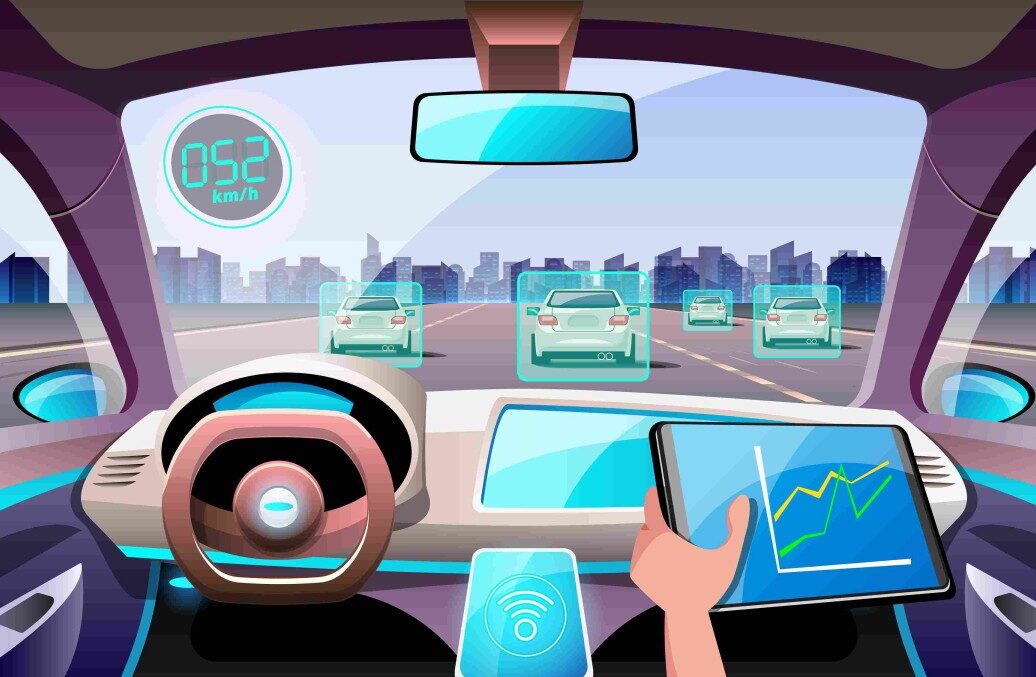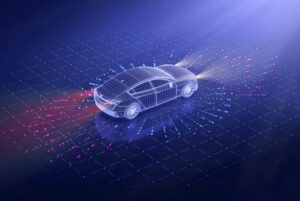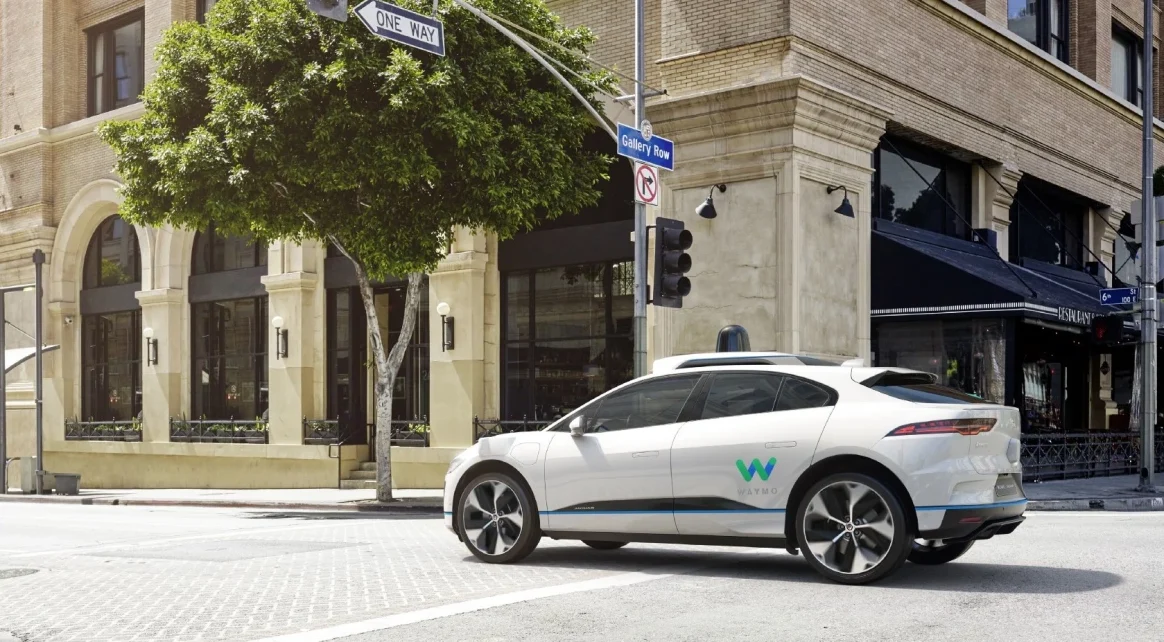The current state of transportation systems has several limitations that require innovation. Our current transportation system based on vehicle ownership and driving is highly inefficient and contributes significantly to environmental pollution. However, emerging technologies such as self-driving cars offer the potential to revolutionize the transportation industry. These vehicles are equipped with advanced technology, which can make driving safer and reduce the number of accidents on roads. As a result, self-driving cars are expected to become increasingly integrated into the transportation system in the future.
The environmental impact of transportation is another significant concern that needs to be addressed. Transportation is a major contributor to air, land, water, noise, and light pollution. However, the advent of self-driving cars and other sustainable transportation options can help reduce these negative impacts . For instance, self-driving cars can reduce traffic congestion, optimize routes, and reduce the number of vehicles on the road, which can result in lower emissions and pollution levels. Additionally, supply chain optimization can contribute to sustainable transportation by reducing empty miles and increasing efficiency.
The need for more efficient and sustainable transportation options is becoming increasingly urgent. Sustainable transportation has numerous benefits, including cost savings on fuel and vehicles, reduced carbon emissions, and improved air quality. To meet this need, policymakers and industry leaders must prioritize the development and implementation of sustainable transportation solutions. The future of transportation lies in the adoption of emerging technologies, such as self-driving cars and other sustainable transportation options, which can help address the limitations of current transportation systems and create a more efficient and sustainable future.
Selfdriving cars and their potential impact on transportation
Self-driving cars, also known as autonomous vehicles, have the potential to revolutionize the transportation industry. There are numerous benefits associated with self-driving cars, including improved safety, increased efficiency, and increased accessibility. With autonomous driving, the risk of human error is greatly reduced, which can lead to a significant decrease in the number of accidents on the road. Additionally, self-driving cars have the potential to increase efficiency by reducing traffic congestion and optimizing routes. These benefits, among others, are driving the development and adoption of self-driving cars by numerous companies.

Despite the potential advantages of self-driving cars, there are also challenges and concerns associated with their use. One major concern is the safety of autonomous vehicles, particularly in situations where they must interact with human-driven vehicles or pedestrians. Additionally, there are concerns about the potential loss of jobs in the transportation industry and the impact on the economy. There are also legal and regulatory challenges that must be addressed before self-driving cars can become widely adopted . However, despite these challenges, the potential benefits of self-driving cars are clear and the future of transportation is expected to be greatly impacted by their adoption.
The potential impact of self-driving cars on society and the economy is significant. As mentioned earlier, self-driving cars have the potential to greatly reduce the number of accidents on the road, which can lead to significant cost savings for individuals and society as a whole. Additionally, the adoption of self-driving cars could lead to increased productivity and reduced traffic congestion, which can have a positive impact on the economy. Furthermore, self-driving cars have the potential to provide increased mobility to individuals who are unable to drive, such as the elderly or disabled. Overall, the adoption of self-driving cars has the potential to greatly improve the transportation industry and have a positive impact on society and the economy.
Beyond Selfdriving Cars: Other Innovations in Transportation
Self-driving cars are not the only innovation that will shape the future of transportation. Hyperloop and high-speed rail are two other options that will offer faster and more efficient travel. The Hyperloop aims to provide fast, safe, and efficient travel in the train of the future. In addition, high-speed trains are expected to be nearly twice as fast as the high-speed trains currently in use. These innovations will not only improve the speed of travel but also reduce the carbon footprint of transportation, making it more sustainable for the future.

Electric and hybrid vehicles are also expected to play a significant role in the future of transportation. Environmental concerns and greater vehicle efficiency are expected to drive consumer demand for electric vehicles over the next decade. Once driverless cars become more widely adopted, the future of transportation looks bright and much safer. The adoption of electric and hybrid vehicles will also contribute to the reduction of carbon emissions, making it a more sustainable form of transportation.
Another innovation in transportation that has been gaining traction is the use of flying cars and personal drones. While regulations related to piloted passenger drones and flying cars could be relatively easy to address, fully autonomous VTOL operations are still a challenge. Autonomous planes and trains are already here and will shape transportation in the future. Additionally, the use of drones and unmanned autonomous vehicles for various applications has the potential to revolutionize the field of aviation . These innovations will not only improve the efficiency of transportation but also offer a more personalized and flexible travel experience.










